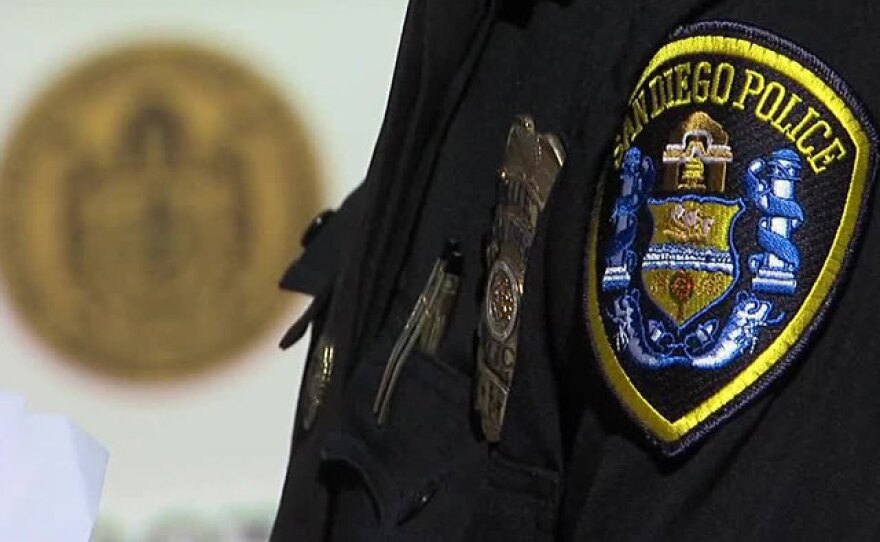The San Diego City Council on Monday responded to a county grand jury report finding fault with the city's Citizens Review Board on Police Practices, which is also the subject of a referendum on the November ballot.
The May grand jury report found a perception among the officials it interviewed that the board lacks diversity and may be biased in favor of the police. The report recommended offering "modest compensation for board member time and expenses" as a way to foster more diversity.
Board members volunteer significant time when training for a position and when reviewing complaints against the San Diego Police Department.
Council members agreed that compensation for board members could improve the board's diversity, but stopped short of an outright commitment to implementing the policy. They instead called for further analysis of the idea, which they said would make the Citizens Review Board an outlier among the city's various volunteer boards. The council agreed to revisit the proposal within six months.
An earlier version of the council's response to the report, crafted by the offices of the mayor and the independent budget analyst, disagreed that a stipend for board members could help improve diversity. That response was amended at a City Council committee meeting in September.
The grand jury also recommended San Diego consider giving the review board independent legal counsel, instead of having them advised by the City Attorney's Office. The City Attorney's Office also represents the San Diego Police Department, which the grand jury said creates the potential for a conflict of interest.
The City Council disagreed that there had been any incidents of conflicts of interest, and said the City Attorney's Office has internal firewalls to prevent an attorney who represents the police in a lawsuit from also advising the review board. But Councilwoman Marti Emerald said she and her colleagues agreed there were concerns beyond the legal definition of a conflict of interest.
"This City Council suggested that the appearance of a conflict is probably just as damaging to public trust as an actual conflict," she said.
The council has allocated $25,000 in the current budget to provide the Citizens Review Board with outside legal counsel should a conflict of interest arise. The city does not yet have a process by which board members can request using those funds, but says it will work on creating one.
Measure G on San Diego's ballot in November would make slight changes to the review board, renaming it the Community Review Board on Police Practices. It would also place future reforms of the board under the authority of the mayor and City Council.
The measure was initiated by the progressive group Women Occupy San Diego, which sought to give the review board independent legal counsel and subpoena power. The group has since said it was disappointed the City Council did not include those reforms in the measure, but that it would continue to advocate for giving the board more independence and authority.
The city released its annual report on the Citizens Review Board this summer. The report found a disproportionate number of complaints reviewed by the board were made by African Americans.







